Historic Crown Heights School to Be Converted to Family Shelter
The early 20th century building on Dean Street was built as an addition to Brooklyn’s first officially racially integrated school.

The building last week. Photo by Susan De Vries
An early racially integrated school in what was once the free Black community of Weeksville but is now Crown Heights will not become affordable housing as planned after all, but instead will be converted into a homeless shelter.
A Brownstoner reader who noticed new windows had recently gone in tipped us off to renovation work happening at the long-vacant and gutted building at 1634 Dean Street. Department of Buildings records show Saba Vahdat of Elmo Realty was issued a permit to convert the building from use as a school and religious facility into a family shelter in October 2022.
When Brownstoner stopped by Friday, workers were on site and work vehicles outside, blocking access to the sidewalk on Dean Street. The site lacks a full green construction fence and no permits appeared to be posted.
The alteration permit says the building will become a “non-transient homeless shelter only” with “91 units” divided between the four floors and offices on the first and second floors. Families will stay in the shelter for longer than 30 days, documents in the permit application say.
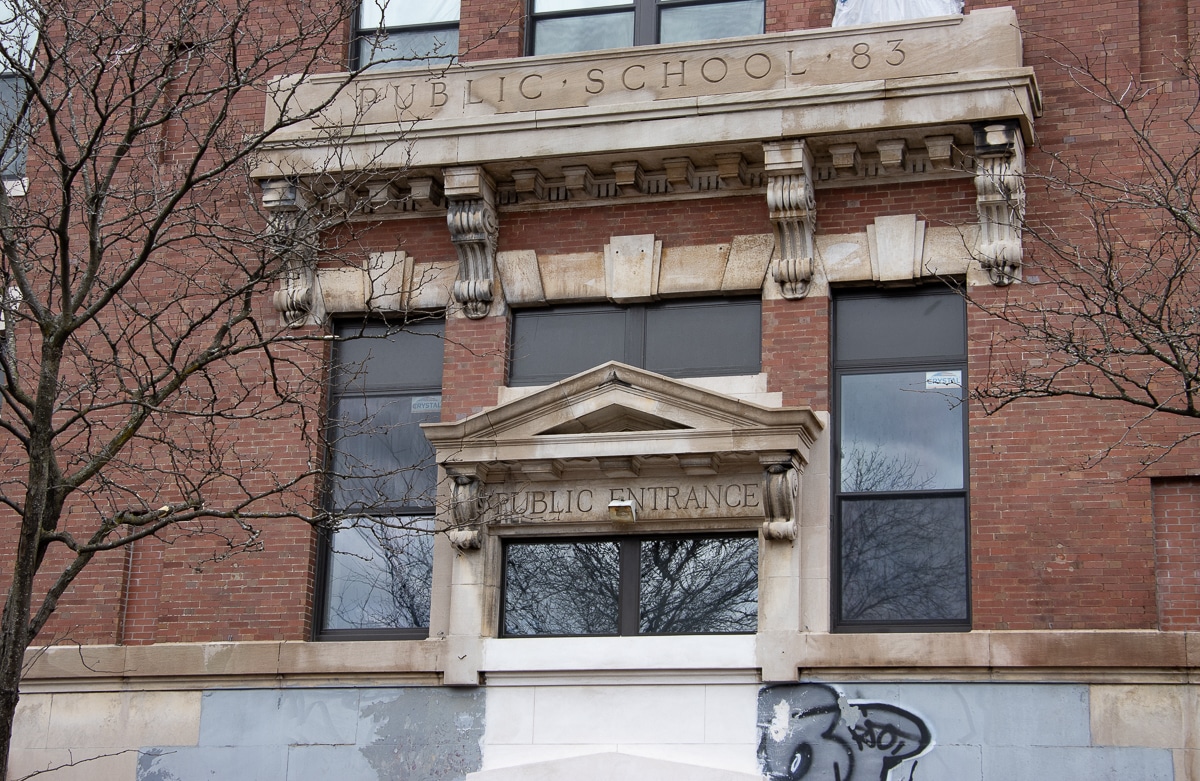
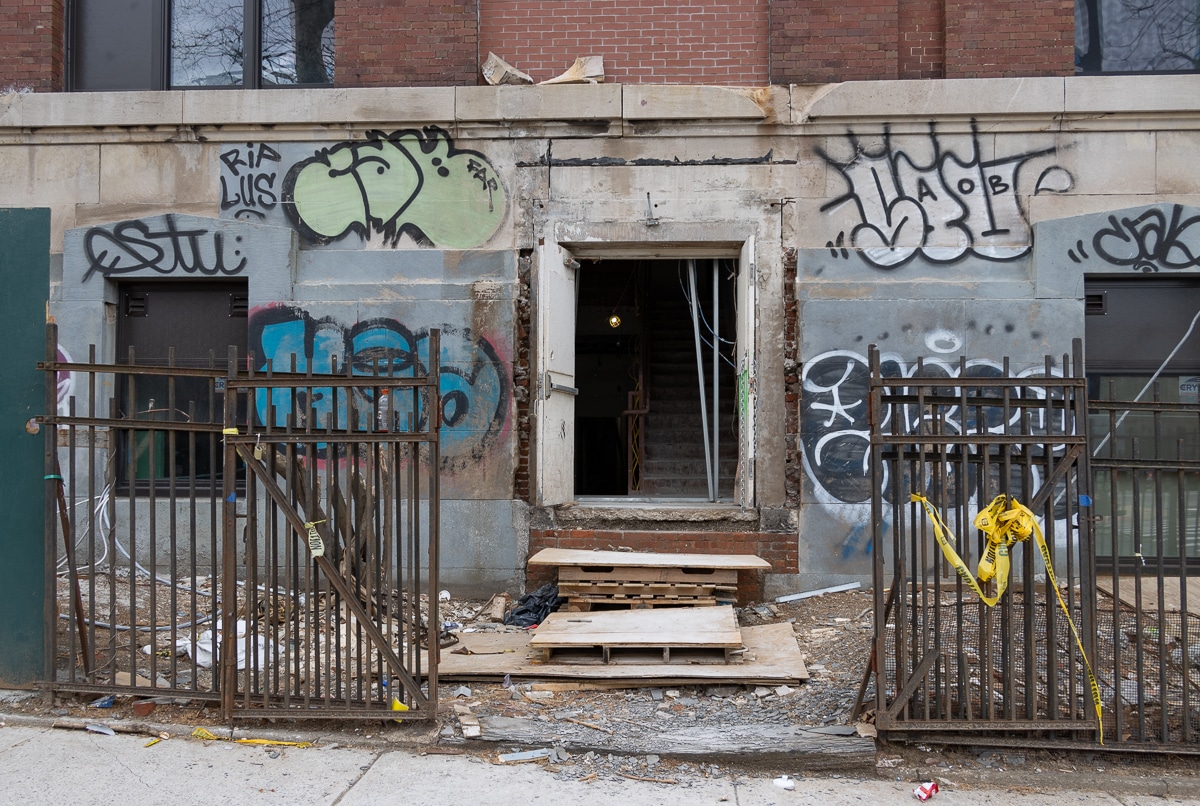
Homeless services provider Highland Park Community Development Corporation will operate the shelter, documents show. According to the city comptroller’s office, the development corporation has more than a dozen contracts totaling more than $100 million to provide services in a range of DHS shelters.
For the Dean Street site, the city will pay Highland Park Community Development Corporation $6,512,472 to run operations for five years, in addition to a startup budget of $1,085,412. The city will also pay an annual rent of $2,723,630 to building landlord 1634 Dean LLC, documents attached to the permit application show.
Brownstoner reached out to Highland Park Community Development Corporation and Department of Homeless Services for comment but didn’t hear back. “This site is a high priority site for DHS, so any assistance the DOB can give during the process is greatly appreciated,” paperwork filed by DHS in the permit application states.
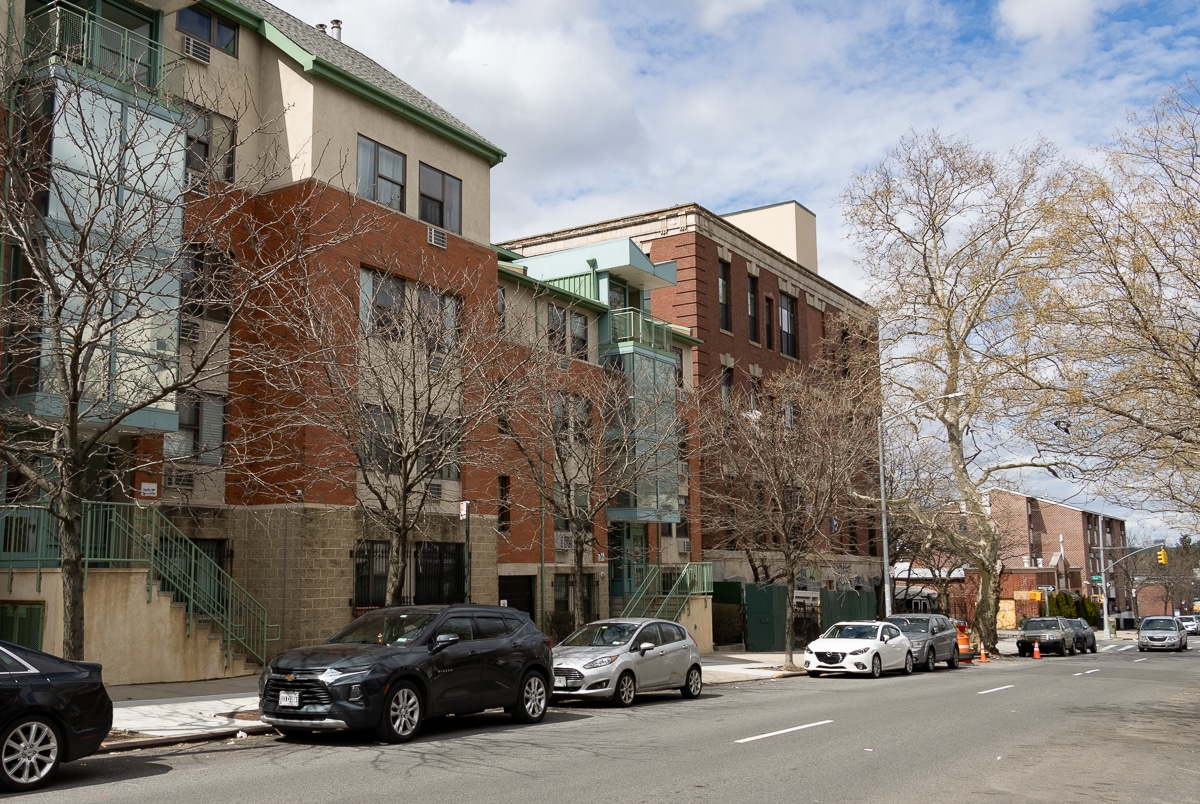
The building at 1634 Dean Street, on the corner of Schenectady Avenue, was designed by Charles B J Snyder, constructed in 1907, and opened in 1908 as an addition to P.S. 83. The first P.S. 83, next door at 1523 Bergen Street, went up in 1891 to house the growing Colored School No. 2, according to “In the Hands of Their Own: The Story of the Weeksville School 1840-1893,” a dissertation published in 2012. The school had been operating for four decades out of a two-story white clapboard building on Dean Street and Troy Avenue built for the school in 1853.
Colored School No. 2 was one of four schools in Brooklyn designated for Black students and faculty, but it was an anomaly in that, dating back to the 1850s, white children chose to attend the school, according to the dissertation. In later years there were multiple white teachers reporting to Black school leaders, a trend that wasn’t happening elsewhere. Apparently the integration was an open secret in Brooklyn.
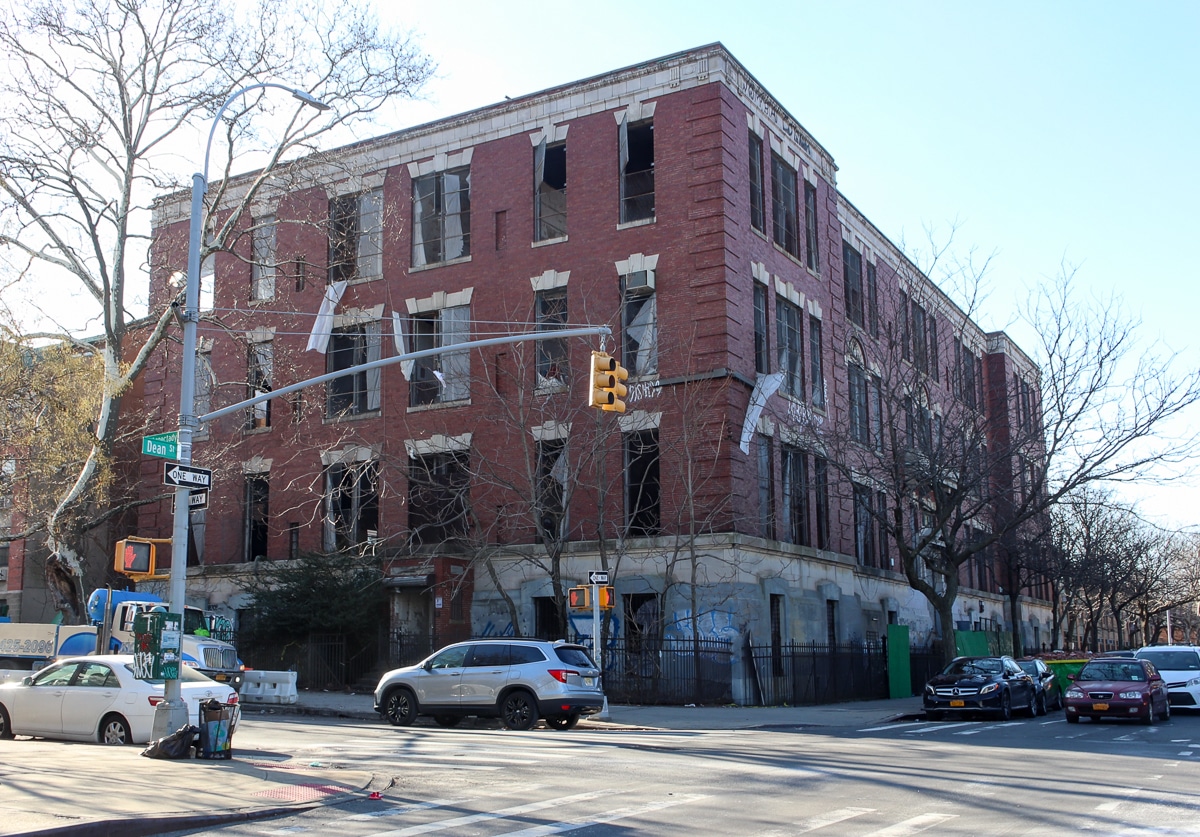
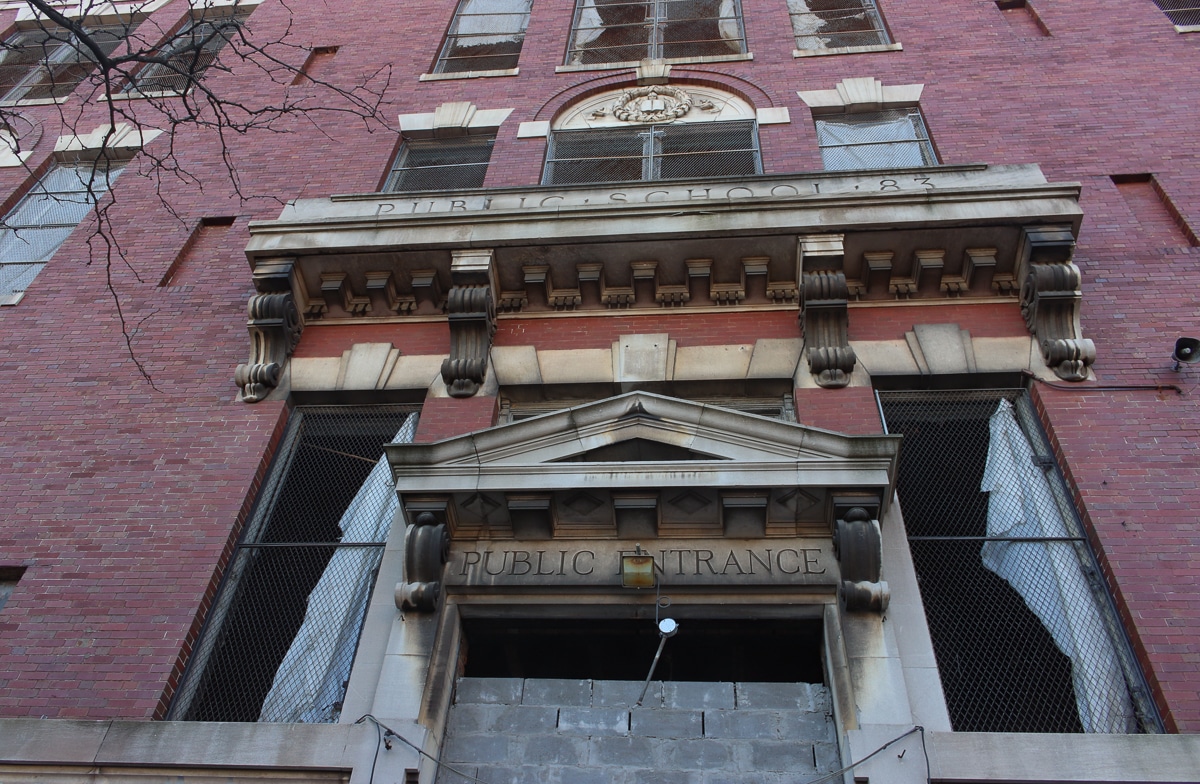
In 1887, Brooklyn’s Colored Schools were renamed and Colored School No. 2 became Public School No. 68. While there was a change in the name, the segregated schools technically remained so, but P.S. 68 continued to have a mix of students as it had for decades.
The demand for school space in Brooklyn was growing in the late 1800s and P.S. 68’s building conditions were deteriorating. In 1889, the Board of Education approved buying a site on the corner of Bergen Street and Schenectady Avenue for $6,000 and spending $25,000 on the construction of a new building.
While the community agreed at the time the new four-story, 10-classroom school should be built for P.S. 68 to accommodate all the neighborhood children, the following years saw a lot of local debate about whether it should cater to the students of P.S. 68 or white children. During the construction process, Black families discovered with anger that the new school building had been named Public School No. 83, essentially creating a new school. There was a lot of drama surrounding its opening and who it would serve, the dissertation and newspaper accounts of the time detail.
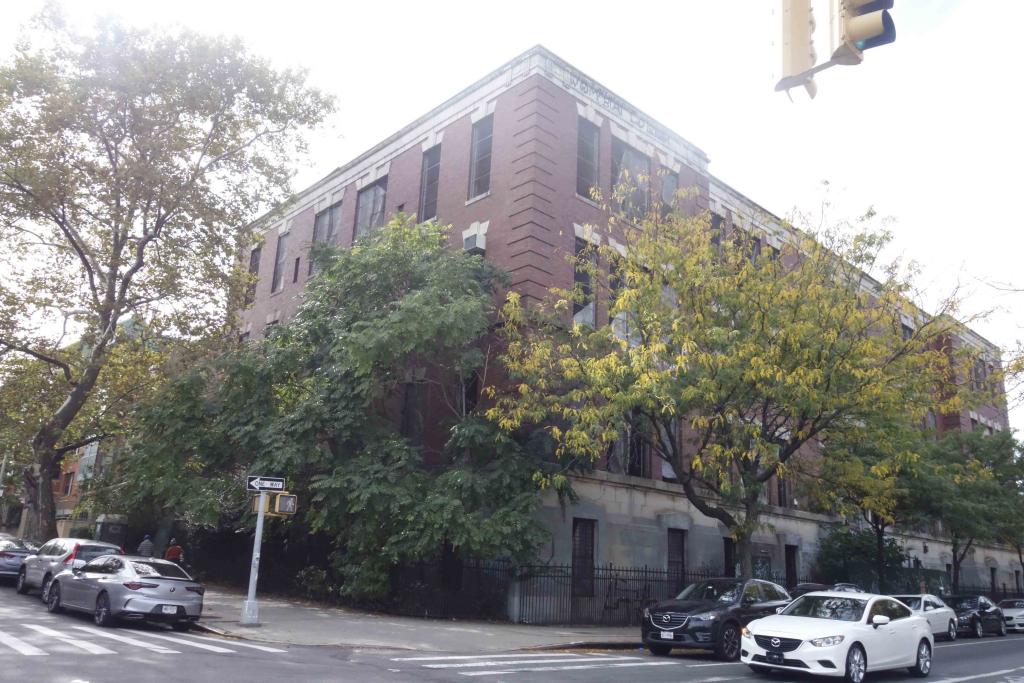
It was decided that P.S. 68 would use four lower floor classrooms in the new building for its students and staff, and the remainder of P.S. 83 would be a white public school. The transition of having the schools together went so well that in 1893 local leaders voted to merge the schools completely, making it Brooklyn’s first officially integrated school, known as P.S. 83.
Sometime after the opening of the Dean Street addition, P.S. 83 was renamed the Isaac Newton School, and in 1930 was the scene of a horrific explosion; luckily none of the children were seriously hurt. The 1940s tax photo shows the addition at 1634 Dean Street in good condition and with its cornice with dentil molding intact. The school was closed by the Board of Education in 1968, according to the In Pursuit of Freedom historical project, and the 1980s photo reveals the building looking worse for wear.
In 1978 the city sold 1643 Dean Street to Bethel African Methodist Episcopal (AME) Church, which used it as a school, according to a 1985 certificate of occupancy, and whose primary house of worship is located right across Schenectady Avenue. In 2009, in a deal with the city, the church replaced the original P.S. 83 on Bergen Street with affordable co-ops.
In 2019, a project manager for 1634 Dean LLC told Bklyner the LLC intended to gut renovate the building and create 62 affordable apartments “while maintaining the original facade” after plans to rent it to a charter school fell through. The conversion plans were never filed with the DOB and nothing came of it.
City records show that in May 2016 Bethel AME Church leased the building to 1634 Dean LLC for an unspecified length of time for $1.475 million, with Reverend Dietra Bell signing on behalf of the church and Moujan Vahdat on behalf of the LLC. While Bethel AME Church remains the owner of the property, it has transferred the deed to the property to the LLC as part of the lease, public records show.
In 2021, Vahdat through his company Elmo Realty was ordered by the attorney general to pay three church leaders $2 million after buying land from them and promising to repair their churches, but never following through.
Brownstoner has reached out to Elmo Realty for comment.
[Photos by Susan De Vries unless noted otherwise]
Related Stories
- Building of the Day: 1634 Dean Street
- ‘Separate But Equal’ in 1870s Williamsburg: Colored School No. 3
- The Inspiring Story of Weeksville, One of America’s First Free Black Communities
Email tips@brownstoner.com with further comments, questions or tips. Follow Brownstoner on Twitter and Instagram, and like us on Facebook.

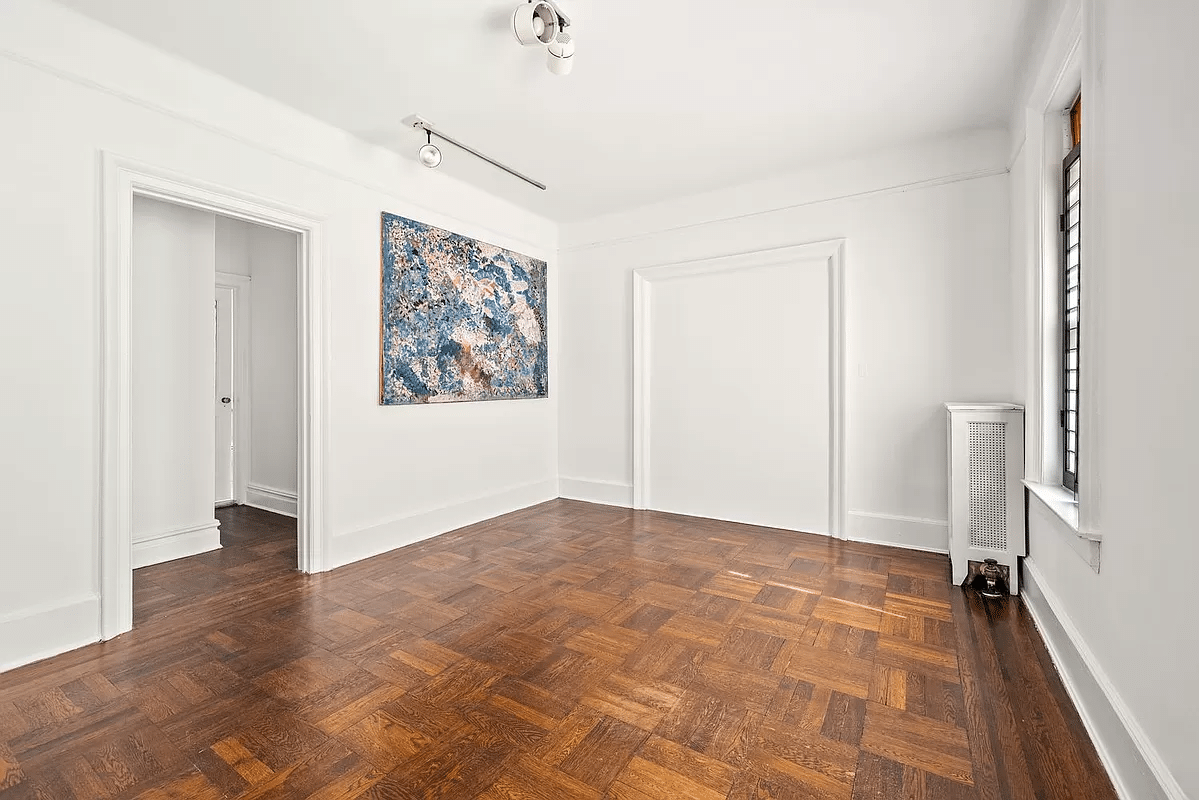
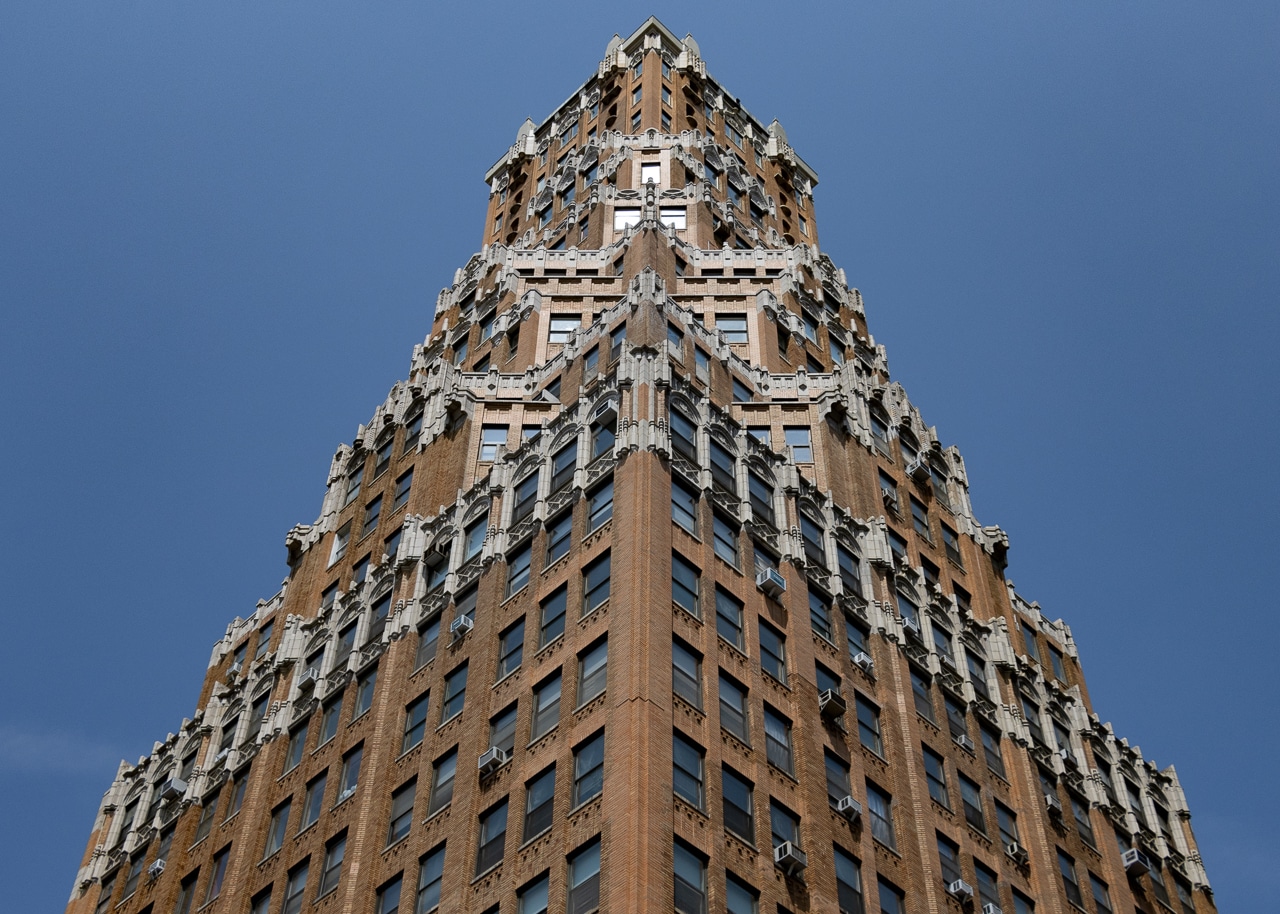
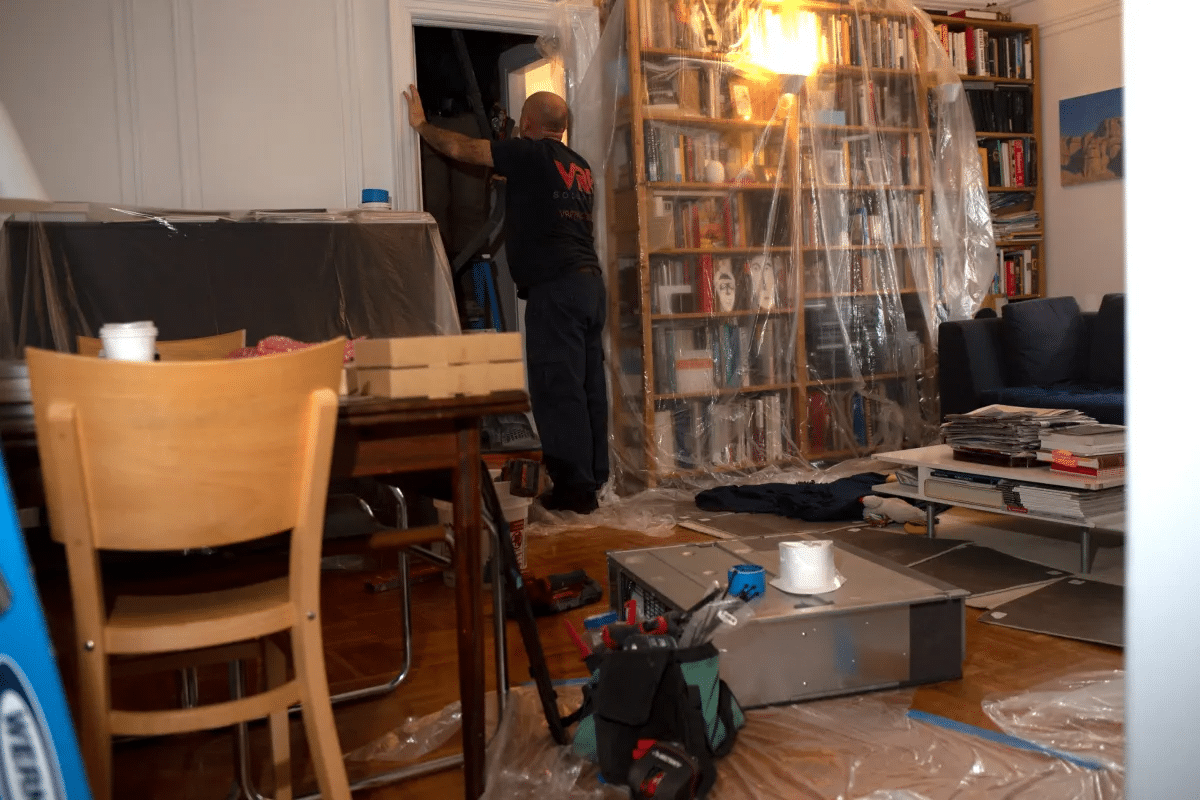
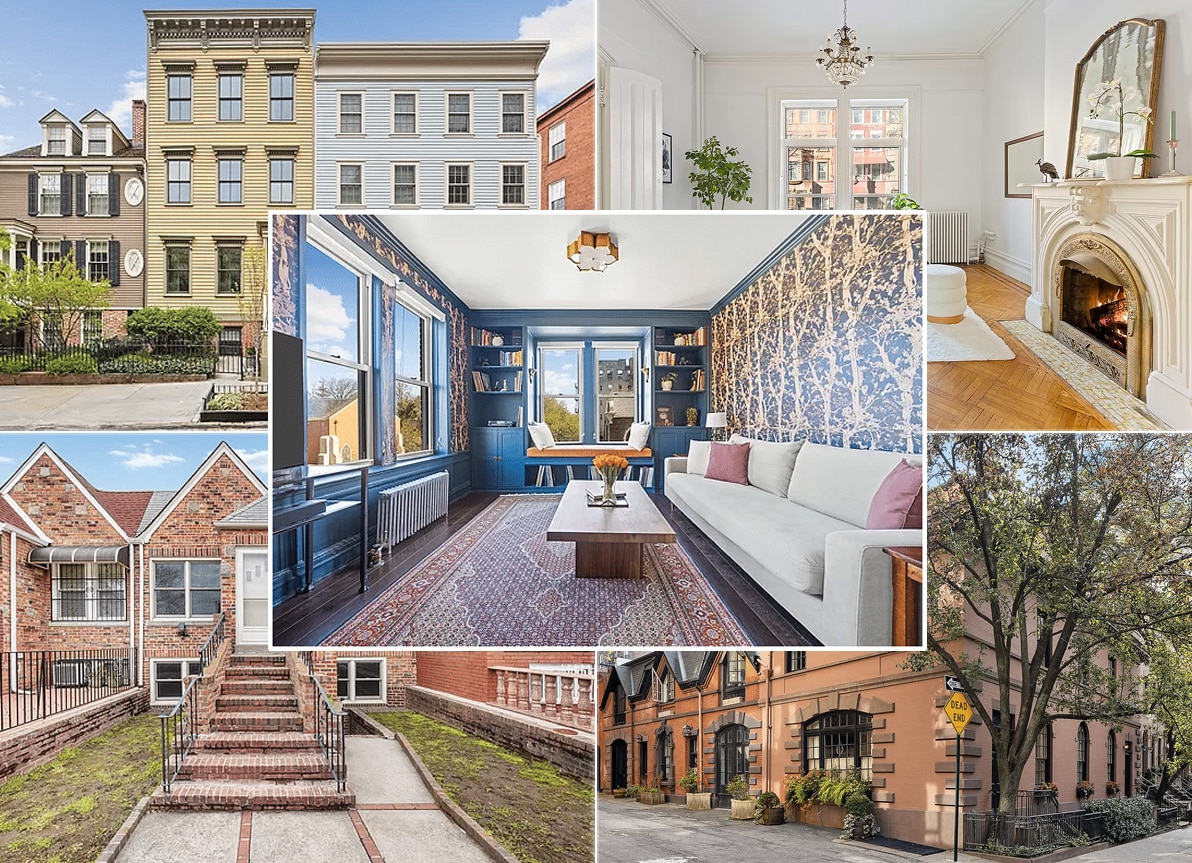




What's Your Take? Leave a Comment